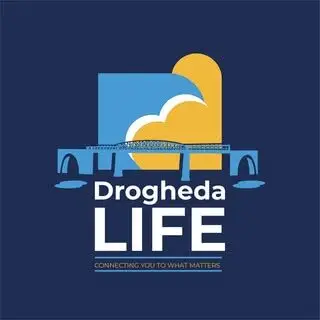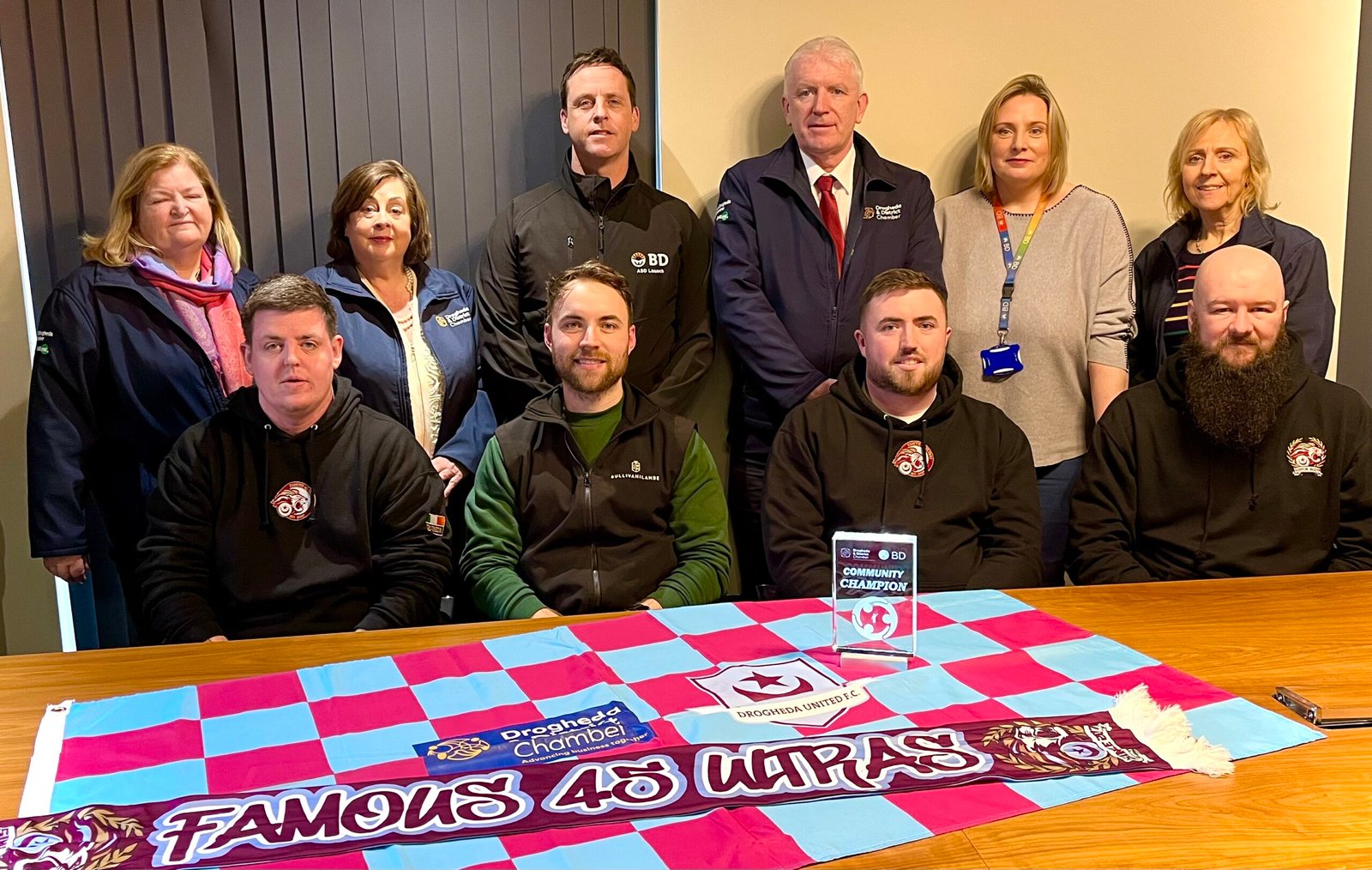Drogheda Women & Children’s Refuge in association with Safe Ireland are calling on members of the public to Go Purple on this Friday, April 29, to raise awareness of domestic violence and to raise funds for their service.
Women and men of all ages are called on to show their solidarity for women experiencing and exiting domestic abuse by embracing the colour purple for one day.
The event was started last year as a local event in Co. Meath by Stacey Looby, a member of An Garda Síochána to consolidate the community partnership between the Gardaí and local domestic violence service and to raise funds within the community. This year, with the support of Justice Minister Helen McEntee and the support of Safe Ireland, the campaign is being rolled out across the country.
“The colour purple represents love, strength, dignity and independence all of which embrace the characteristics of a caring community which resists violence against women and girls”
People at home, school, college and the workplace are encouraged to get involved in the campaign on Friday the 29th April by wearing, cooking, growing, eating or creating something purple, sharing their image on social media platforms using the hashtag #GoPurple
About Drogheda Women and Children’s Refuge
Drogheda Women’s & Children’s Refuge Centre is a voluntary organisation established in 1997. Through its supports and services DWCR has helped many thousands of women and children who have experienced domestic violence and/or homelessness.
Using a trauma informed approach they provide: Refuge accommodation; Transitional/step down Housing; Support Sessions; 24 Hour Helpline; Outreach Support; Counselling; Court accompaniment; Child/Youth specific services; Establishment of TLC Kidz programme within Louth and collaboration with local services to deliver.
About Safe Ireland
Safe Ireland is a national development and co-ordination body with responsibility for Domestic Violence (DV) which over time has developed four distinct functions: investigating the causes and effects of DV; delivering frontline refuge and support services; developing guidelines for best practice in the delivery of local support services; and influencing national strategic policy. This is achieved by working directly with public bodies; local independent frontline DV services; academic institutions; philanthropists; and corporate partners.






